Research
2024 RIA Recipients Announced!
Currently Funded Grant Projects
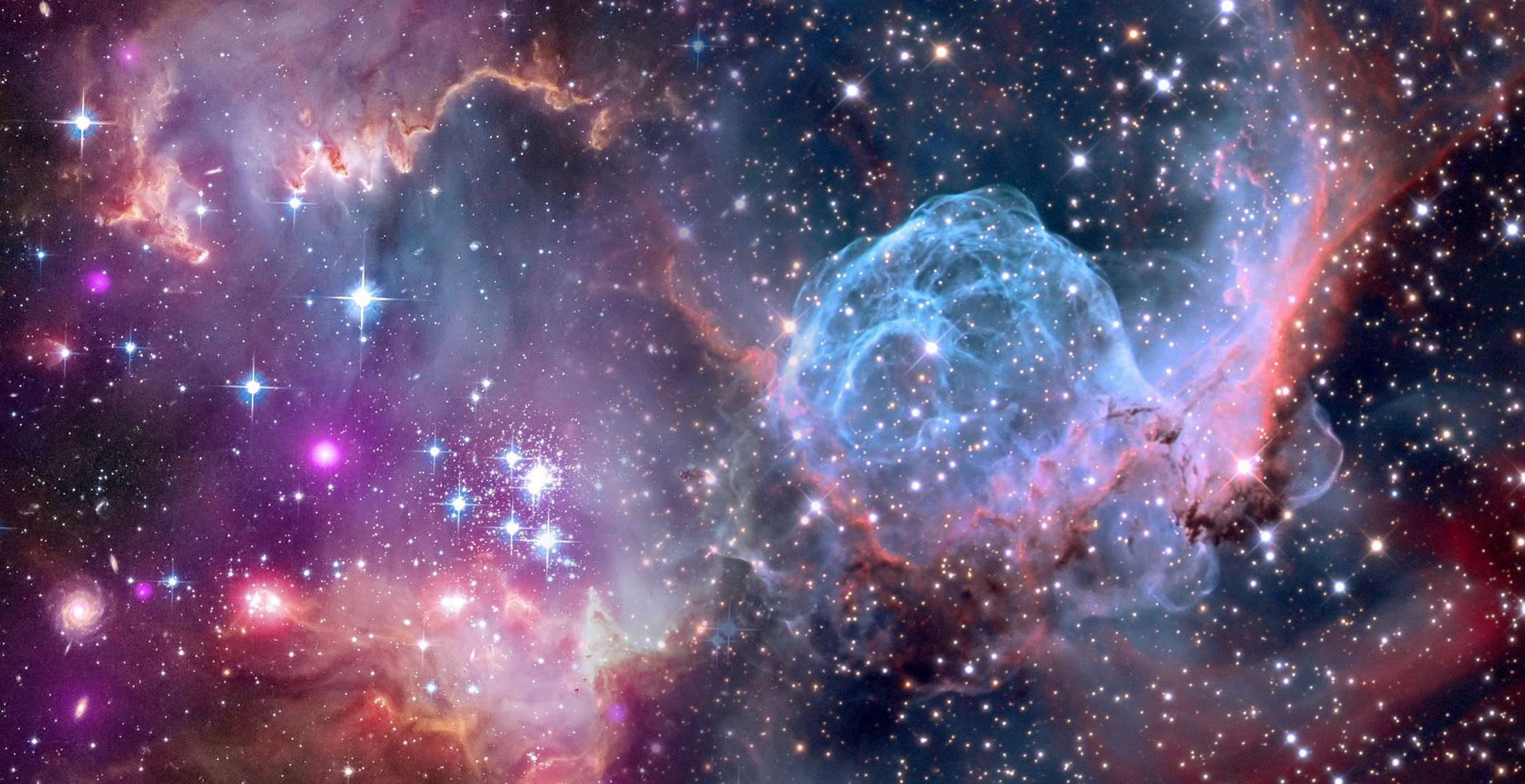
Documenting Current and Projected Capabilities and Societal Ramifications of Autonomous Intelligent Systems
Agency: NASA EPSCoR R3
Investigators: Brad Whitaker and Bonnie Sheehey (Co-PIs); Amy Megowan (graduate student) and Flint Morgan (graduate student)
Amount: $100,000
Dates: 9/2023 - 9/2024
The grant team, Dr. Brad Whitaker (Electrical Engineering) and Dr. Bonnie Sheehey (Philosophy) will prepare review manuscripts for NASA on two focus areas:
1) current and projected autonomous performance capabilities and limitations (led by Whitaker) and
2) societal ramifications of ethical decision-making models (led by Sheehey).
As part of the research project, Dr. Whitaker and Dr. Sheehey will propose best practices and next steps for the computational capabilities of NASA's AI systems and for incorporating ethical considerations in AI development.

SMART FireS (Sensors, Machine Learning, and Artificial Intelligence in Real Time for Fire Science)
Agency: NSF EPSCoR Track I, Award #: 2242802
Investigators: Robert Walker (PI), Libby Metcalf and Joe Shaw (Co-PIs); Additional investigators include John Sheppard and Kristen Intemann
Amount: $20M
Dates: 7/2023-6/2028
The Western U.S. is under increasing wildfire threat. This statewide project will transform the understanding of prescribed fire dynamics and the impact of prescribed fire on Montana's communities and public lands. C-STES will contribute to this project through interdisciplinary research that will examine the factors that influence decision maker trust in information and predictive models in decision making.
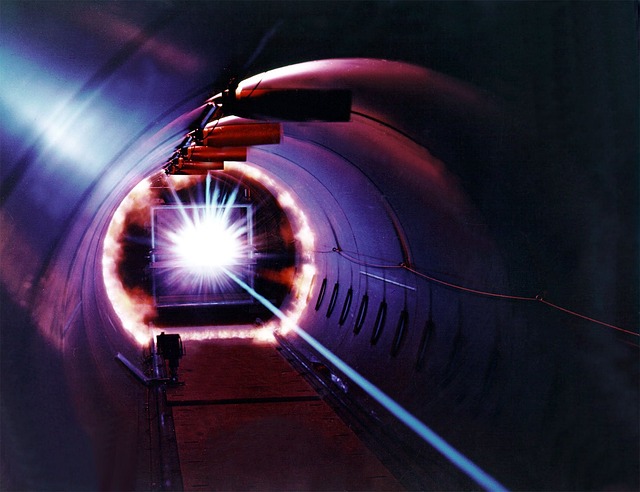
Advancing quantum and supporting technologies in the Northern Intermountain States (MT, WY, ID)
Agency: NSF Engines Type-1 Award, Award #: 2304014
Investigators: Lee Spangler (PI), with additional investigators and partners including: Jackie Hines, Yves Idzerda, Kristen Intemann, Daniel Juliano, Li Lan, Luke Mauritsen, Barb Stiffarm and Suzi Taylor
Amount: $1M
Dates: 6/2023-5/2025
This planning grant will allow us to assess regional capacity and strengthen partnerships with the goal of establishing a quantum supply chain in the region by creating an innovation ecosystem, and promoting workforce and economic development necessary for quantum materials.
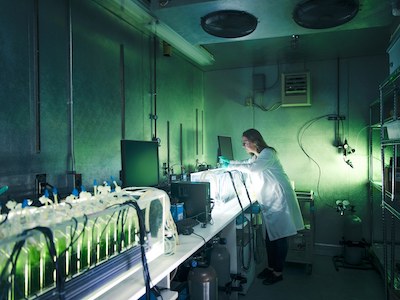
Biofilm-functionalized and -maintained, living infrastructure systems
Agency: National Science Foundation, Emerging Frontiers in Research and Innovation, Award #: 2223756
Investigators: Robin Gerlach (PI), Co-PIs: Matthew Fields, Kristen Intemann, Michael Berry, Adrienne Phillips
Amount: $1,997,499
Dates: 1/2023-12/2026
This collaboration between the Center for Biofilm Engineering and C-STES will advance innovation of functionalized, self-repairing, sustainable building materials, while also examining how to increase trust in and public acceptance of such materials and living infrastructure systems.
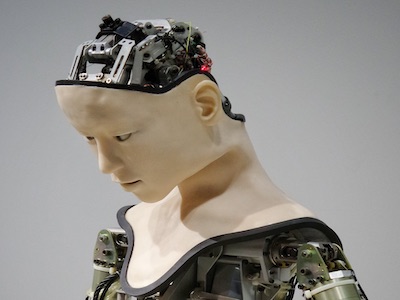
Responsible AI: Tools for values-driven artificial intelligence in libraries and archives
Agency: Institute of Museum and Library Services
Investigators: Sara Mannheimer (PI), Co-PIs: Bonnie Sheehey, Scott Young, Jason Clark and Doralyn Rossmann.
Amount: $250,000
Dates: 09/2022-08/2025
AI is becoming more common across all sectors, and many libraries and archives are using AI to improve services. In order to use AI while also upholding library values and protecting the communities we serve from harm, it is imperative to develop practical resources that support responsible use of AI in library and archives contexts. Our project team views libraries and archives as uniquely positioned to act as community advocates for measured and deliberate adoption of new technologies. Responsible AI provides strategies for methodical consideration of potential harms of AI projects, with a goal of supporting decision-making. Project deliverables will help practitioners consider ethical implications as they embark on AI projects that support increased impact and new uses of library resources. Responsible AI provides new data, new resources, and new strategies that will prepare the library and archives profession for the methodical consideration of potential harms of AI projects.
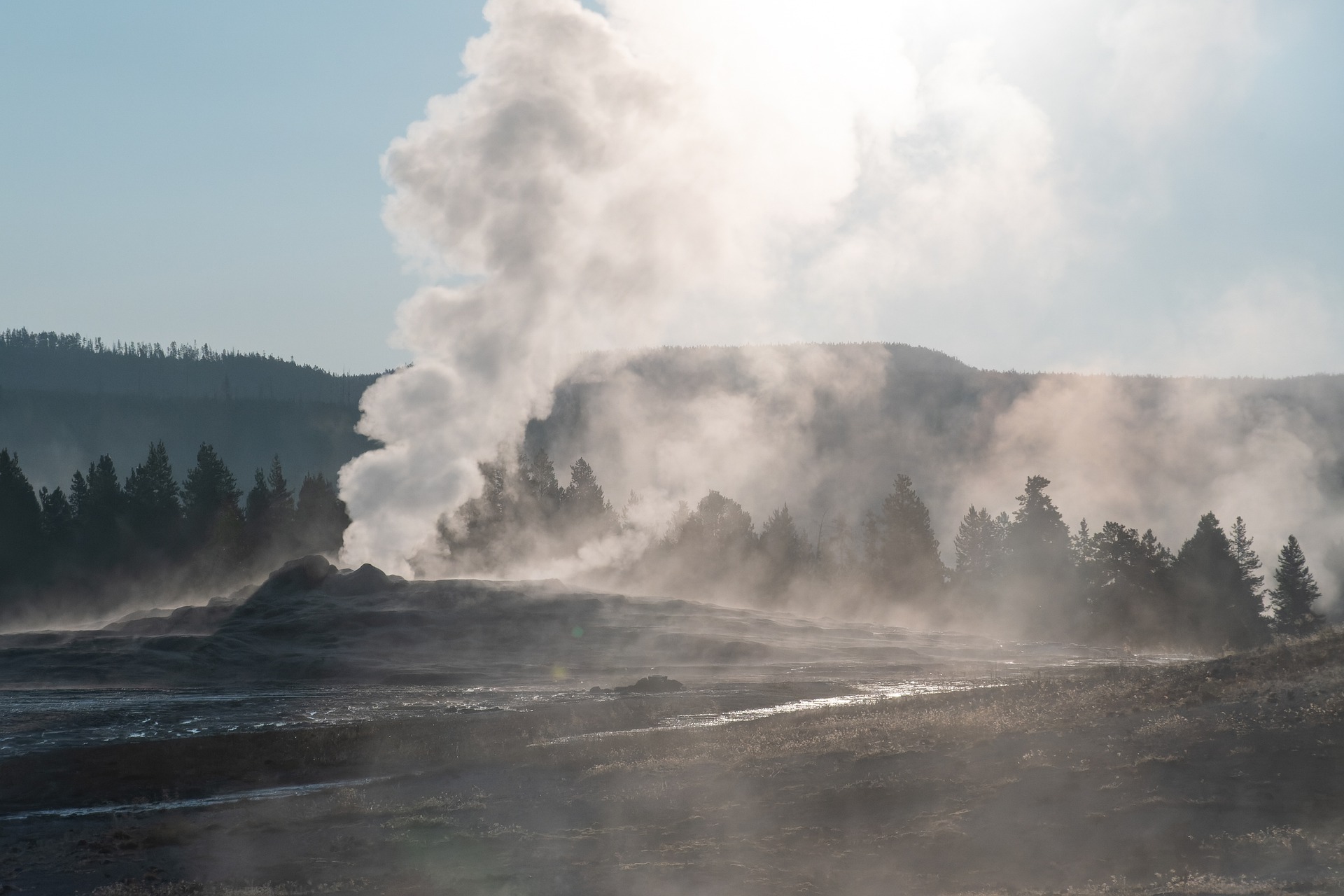
Thermally Induced Calcite Precipitation (TICP) as a method to control Hydraulic Properties in Enhanced Geothermal Systems
Agency: U.S. Department of Energy, Award #: 4212028
Investigators: Adrienne Phillips (PI), Al Cunningham, Robin Gerlach, Lee Spangler, Kristen Intemann
Graduate Research Assistant: Angus Cummings
Amount: $437,363.00
Dates: 05/01/2022-4/30/2025
C-STES is working on the Diversity, Equity, and Inclusion portion of this grant by conducting an ethical impacts analysis of the development of geothermal energy potential in the Western U.S.

Sustainable TRansformation of Environmental engineering Education for Modern society (STREEM)
Agency: National Science Foundation, Division of Engineering Education and Centers, Award #: 2021608
Investigators: Craig Woolard (PI), with Co-PIs: Ellen Lauchnor, Adrienne Phillips, Catherine Kirkland, and Kathryn Plymesser and C-STES senior personnel Eric Austin, Paul Gannon, Kristen Intemann, and Michelle Miley
Amount: $995,828
Dates: 12/2020 - 11/2025
This project transforms environmental engineering education by replacing the current topic-focused course model with a four-year thematic thread curriculum that integrates technical, social, and economic competencies and provides students with repeated opportunities to address ill-defined, complex problems like those they will face as professionals. The project is aligned with the NSF’s Revolutionizing Engineering Departments (RED) program mission to catalyze revolutionary approaches to engineering education. As an Adaptation and Implementation (A&I) project, it builds off evidence-based organizational change strategies employed at other institutions, applies ground-breaking pedagogical methods in the project's local context, and propagates the transformation of engineering education.
Completed Grant Projects
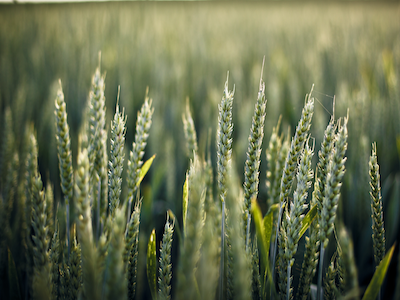
Improving the Economic and Ecological Sustainability of US Crop Production through On-Farm Precision Experimentation
Agency: USDA, University of Illinois, Subaward #: ILLUNI002
Investigators: John Sheppard, Bruce Maxwell
Amount: $222,375.49
Dates: 01/01/2021-03/30/2024
This project examines ways in which machine learning in precision agriculture can be improved so as to enhance economic and ecological sustainability of agriculture practices. Part of this project involved C-STES collaboration to consider whether environmental or economic constraints could be built into multi-objective algorithms to have results more attentive to ethical aims in addition to crop yield.
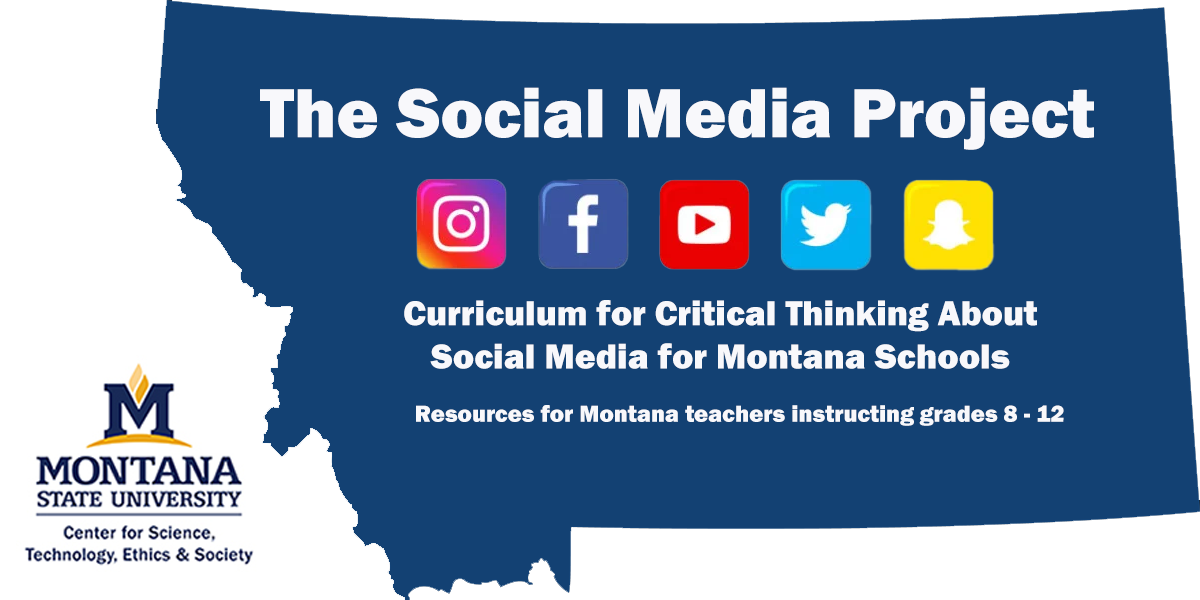
Critical Thinking About Social Media: Philosophy Curriculum for Montana High Schools
Agency: Humanities Montana, SHARP Grant, Award #: 21C052
Investigators: Kristen Intemann (PI) Bonnie Sheehey, Preston Stovall
Undergraduate Research Assistant: Brin Purdy
Amount: $8,300
Dates: 9/30/21-11/30/21
This project co-produced online and virtual curriculum resources for Montana High School teachers for addressing ethical, social, and technical themes about social media platforms and their use. Topics included disinformation and media bias, reliable sources, polarization and social media, ethics of artificial intelligence and algorithms, and friendship and bullying online.

Expanding Screening Capacity to Enhance Montana’s COVID-19 Response
Agency: State of Montana, Office of the Governor & Office of the Commissioner of Higher Education, CARES Act
Investigators: Connie Chang (PI), with Co-PIs: Alexandra Adams, Selena Ahmed, Matthew Fields, Kristen Intemann, Raina Plowright, Seth Walk
Amount: $776,000
Dates: 09/2020-12/2020
C-STES collaborated with the Center for American Indian and Rural Health Equity (CAIHRE) and Salish Kootenai College to co-produce culturally centered outreach and education materials about COVID-19 testing and public health recommendations for rural and Native communities.
Graduate and Undergraduate Student Research Highlights
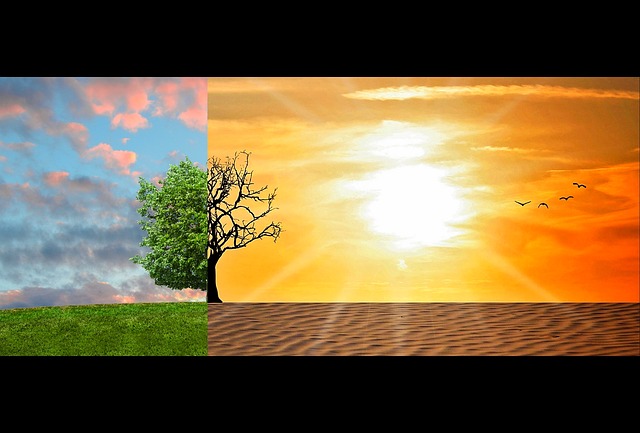
Cryptocurrency's Environmental Effects
December 16, 2021
By Sarah Yarlott, Post Baccalaureate in Liberal Studies
The global cryptocurrency market is worth over $3 trillion, and the mining process used to create new cryptocurrency is notoriously energy dependent; some mining operations use more energy than small countries, like Cuba. Although the industry's energy use is cause for concern, the same blockchain technology that allows cryptocurrency to operate in a decentralized system could be used to decentralize the exchange of energy produced by renewable sources, like residential solar panels.

Polarization and Social Media: The Dark Nature of the Information Economy
November 17, 2020
By Paul Joshua Stanley, Undergraduate, Philosophy & Psychology
When social media platforms came online, we were told this new technology would bring us together like never before. Although there are resounding benefits, such as empowering social movements or nurturing relationships from afar, there is also a dark side. How does social media contribute to information "filter bubbles" and polarization?
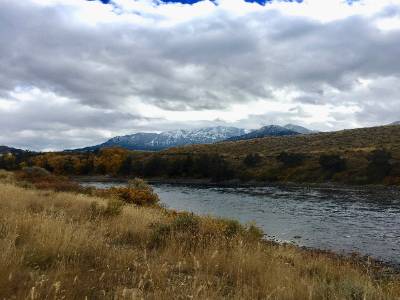
Public Health, Economic Well-being, and Mining in Montana
May 7, 2020
By Jacey Anderson, PhD Candidate in History, Department of History & Philosophy
Gold and silver or mountains and rivers? How Montanans navigate conflicting values at the polls.
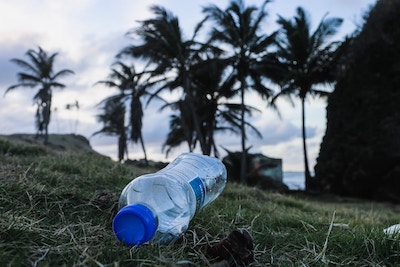
The Changing Climate in Materials Science
August, 2019
By Kirke Elsass, PhD Candidate in History, Department of History & Philosophy
Material scientists at MSU are working to create new materials that are more environmentally-friendly, while cultivating a sense of global environmental citizenship in their students.
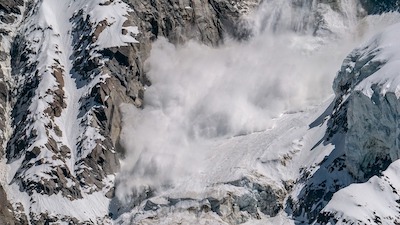
How are MSU snow scientists working to save lives?
July, 2019
By Kirke Elsass, PhD Candidate, History, Department of History & Philosophy
MSU snow scientists and engineers are working to understand the mechanics of avalanches and how they are triggered, so as to prevent them and help recreationists assess their risk.
